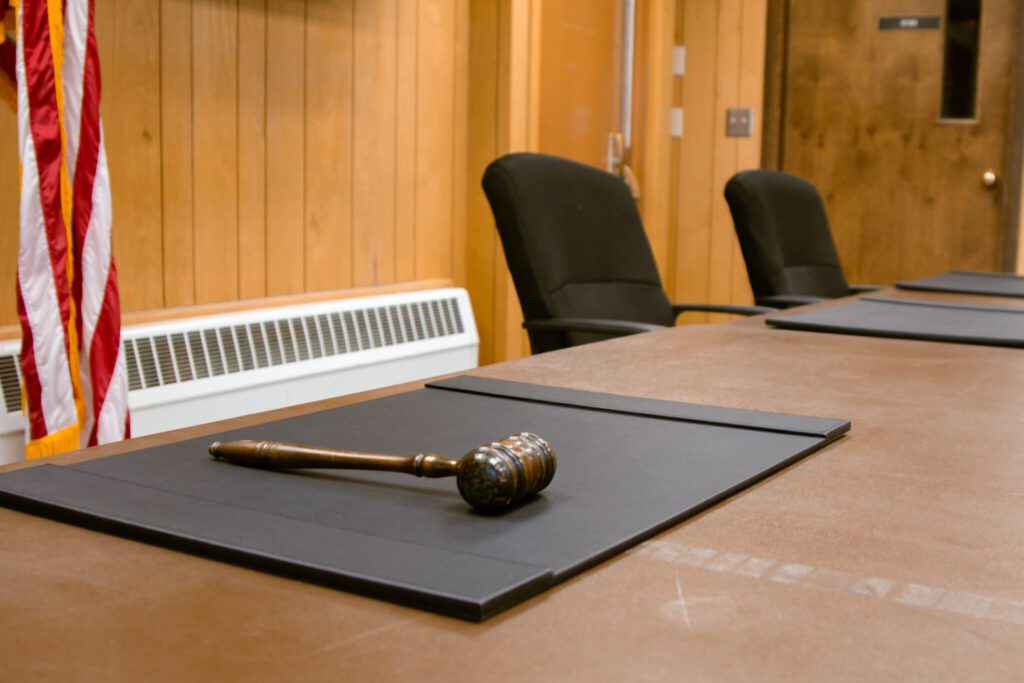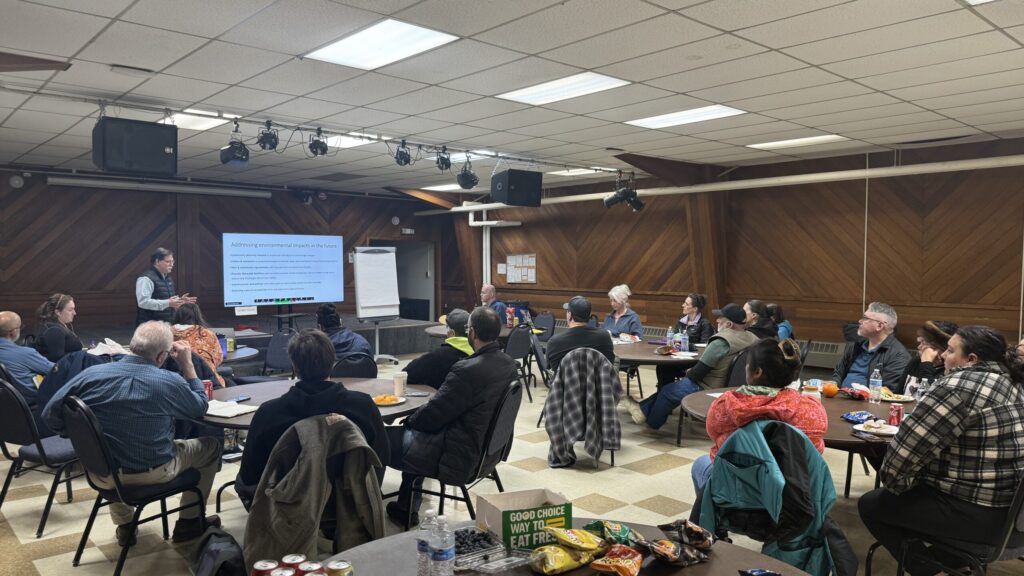The City of Nome has set its legislative priorities for the coming year, and facing a bleak financial situation in Juneau, the goals for the city, the school district, and the utility are all deliberately modest.
In a public session with state Senator Donny Olson and Representative Neal Foster last week, the city laid out its four biggest priorities for the coming year. At the top of the list is a $4.3 million request for continued water and sewer upgrades. Nome Joint Utility Manager John Handeland says he also supports growing the Power Cost Equalization program, which for nearly 30 years has helped offset the high cost of electricity in rural areas.
Though he said the bulk of money should go toward replacing Nome’s aging sewer infrastructure, Handeland said he “still support[s] the expansion of eligibility and cap of PCE. I know that’s something that’s been worked on … [and] doesn’t meet with approval from the folks in bigger communities, but nonetheless I think it’s something we should continue to advocate for.”
Emphasizing “shovel ready” projects, the city is also putting at the top of its list a $3 million series of road improvement projects in a partnering with Nome Eskimo Community. The improvements would cover M Street and L Street, as well as 3rd, 4th, 5th, and 6th Avenues.
The city is also seeking state funds—as Nome Eskimo seeks federal funds—to secure a new $600,000 pumper truck for the Nome Volunteer Fire Department. Last, the city is pushing at both the federal and state level for roughly $500,000 to extend and repair Nome’s seawall, a project they city has been seeking for the past two years.
The school district’s own list includes just over $1 million three housekeeping projects, including repaying the district for lighting replacement and the new gym floor at Nome Elementary. The bulk of that million would go toward replacing the high school’s electrical and generator system.
“This is how the electricity gets from the pole to the building. It’s 37 years old,” said School Board President Betsy Brennan, “and needs to be replaced.”
But even with the relatively modest proposals, Representative Foster and Senator Olson agreed that lawmakers face a dire funding situation in Juneau come January.

The price for a barrel of oil has fallen off a cliff in the last four months: from over $100 per barrel in August, to prices in the mid-$60 as of this week. More than 90 percent of state funding comes from revenues on every barrel of oil, and the precipitous price drop means hundreds of millions of dollars the state expected to be in the bank simply won’t be.
“That’s projected to create a budget deficit of [the] neighborhood of $3 billion just over the next year,” Foster said.
He said that leaves few options: trim budgets, cut projects, and reduce state services, or pursue new taxes that he said are sure to be unpopular.
“Other options, you’ve got sales taxes, income taxes. Nobody likes either of those, but those are on the table,” Foster said. “Permanent funds, you could either stop paying dividends or you could cap permanent funds. It would be very, very unpopular, but there’s quite a bit of money there. But, you know, this is just one of those things that nobody wants to touch but, five years, what are we going to be talking about then?”
Senator Olson sounded a more optimistic note. With Bill Walker and Byron Mallott in office, Olson expects a reorientation when it comes to critical issues in the bush.
“With this new governor, it’s like a breath of fresh air. We’re going to get new commissioners, new deputy commissioners, at least have that opportunity for people that are more able to listen to us, not going to be fighting against the same bureaucrats that we’ve been fighting against.”
The Nome City Council will make final decisions on the city’s priorities in Juneau at their meeting Monday, Dec. 8.







